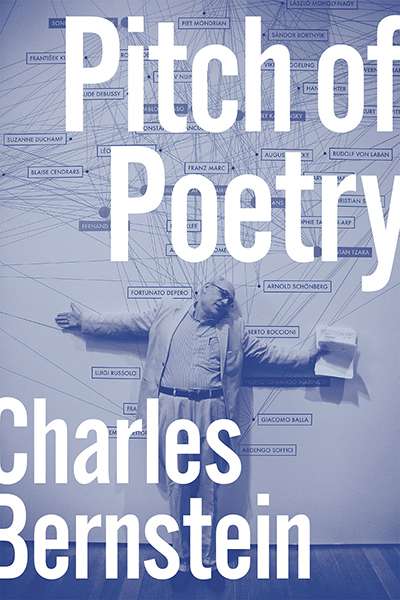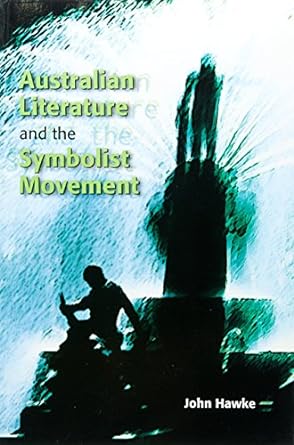John Hawke
Film | Theatre | Art | Opera | Music | Television | Festivals
Welcome to ABR Arts, home to some of Australia's best arts journalism. We review film, theatre, opera, music, television, art exhibitions – and more. Reviews remain open for one week before being paywalled.
Sign up to ABR Arts and receive longform arts criticism to your inbox every fortnight on Tuesdays. And if you are interested in writing for ABR Arts, tell us about your passions and your expertise.
Recent reviews
Peter Kenneally reviews 'Crankhandle' by Alan Loney, 'Stone Grown Cold' by Ross Gibson, 'Aurelia' by John Hawke, and 'Dirty Words' by Natalie Harkin
by Peter Kenneally •
Poetry books as artefacts in their own right, regardless of commercial viability or relevance to the click-bait Zeitgeist, are currently showing sturdy signs of life, so it is a welcome development to have the online Cordite Review sensibility fixed in print, in a palpable way and on a gras ...
Australian Literature and the Symbolist Movement by John Hawke
by Jeffrey Poacher •


